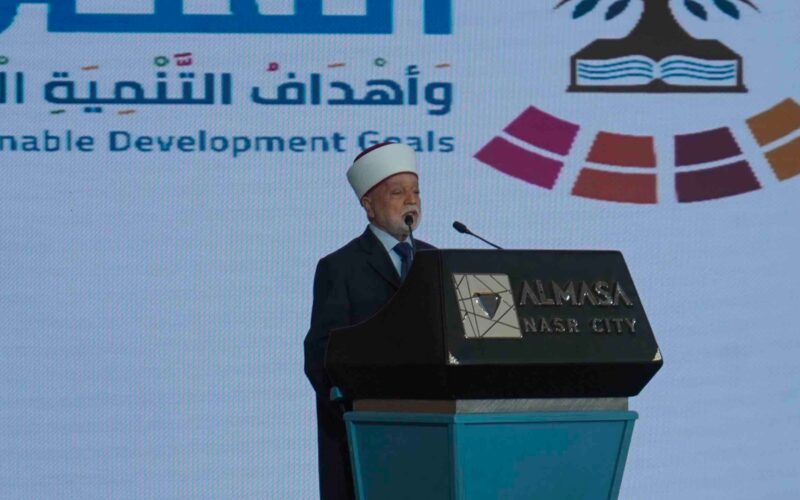Cairo (Egypt) – A Fatwa charter based on Islamic law (Sharia) principles was recently approved by Egypt’s Dar al-Ifta, which issues religious edicts (fatwas).
Dar al-Ifta decided to take this action as part of its contribution to the implementation of sustainable development goals, the resolution of climate change problems, and the raising of awareness about the dangers of climate change from a religious perspective.
In November, the United Nations climate change conference (COP27) will be held in Sharm el-Sheikh. The charter will be launched during Dar al-Ifta’s seventh international conference entitled “Fatwa and Sustainable Development Goals” on October 8.
Under Islamic law, the charter contains several fatwas that must be followed. The charter prohibits using hazardous materials, waste, excessive energy use, encroachment on agricultural land, pesticides, and compound chemicals without respecting the terms of use, and waste disposal into the ocean.
It also outlines some environmentally harmful actions prohibited based on religious principles, such as hunting and killing birds, wild animals, and marine creatures and cutting or destroying plants.
According to Khaled Omran, Dar al-Ifta’s secretary of fatwa affairs, who spoke to Al-Monitor about climate-related fatwas, Dar al-Ifta has issued several fatwas prohibiting environmentally harmful practices, such as slaughtering sacred animals in homes, burning rice straws, and encroaching upon agricultural land.
According to him, the charter is effectively a commitment among the world’s leading muftis to prohibit harmful practices to the environment and to work towards addressing the repercussions of climate change and assisting those in need.
As part of the Islamic religious discourse, Dar al-Ifta must take part in the resolution of human problems. According to him, international organizations concerned with the environment know the importance of developing a rational religious discourse to eliminate bad behavior.
During a televised interview held on October 23, the Grand Mufti of Egypt, Shawki Allam, commented on the issuance of fatwas focusing on sustainable development and the protection of the environment. In addition to addressing worship, fatwas also address community building and other [common] concerns. Regarding supporting these development goals, the UN’s sustainable development goals are in line with the religious texts.”
As stated by the UN Environment Program, “Spiritual leadership at all levels is essential to the success of the global movement for an ethical, moral and spiritual commitment to protect the environment and God’s creation.”
Al-Azhar in Egypt has also adopted the UN’s vision of protecting the environment. It has initiated several programs and initiatives designed to protect the environment, including the “Our Climate is Our Lives” initiative that Al-Azhar announced in August.
Al-Monitor quoted Mostafa Zahran as saying, “Climate change and recent environmental crises necessitate the review of fatwas.”
“It is necessary to continue discussing the development and modernization of Dar al-Ifta’s tools to ensure that they keep pace with societal and climate change and the evolution of peoples’ lives, particularly since Islamic jurisprudence is flexible.”
Among the many reasons Dar al-Ifta’s fatwa charter is essential is its advocacy of criminalizing and prohibiting environmentally harmful practices based on Islamic law, particularly practices widespread in Egyptian society, such as encroachment on agricultural lands, pollution of water resources, and burning of waste. Adopting a religious discourse that prohibits these practices can enhance societal awareness.


 WhatsApp Channel
WhatsApp Channel
 Instagram
Instagram
 Facebook
Facebook
 X (Twitter)
X (Twitter)
 Google News
Google News